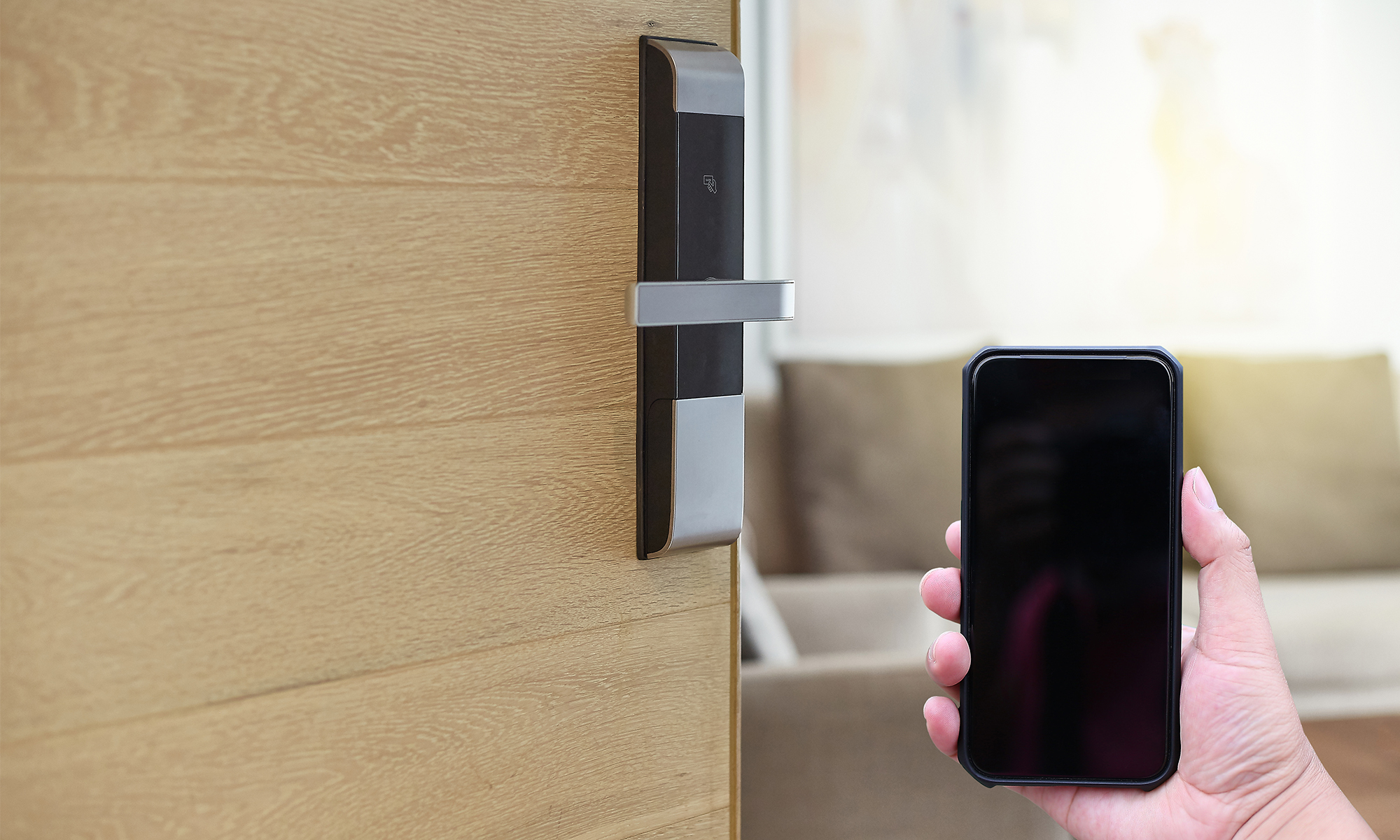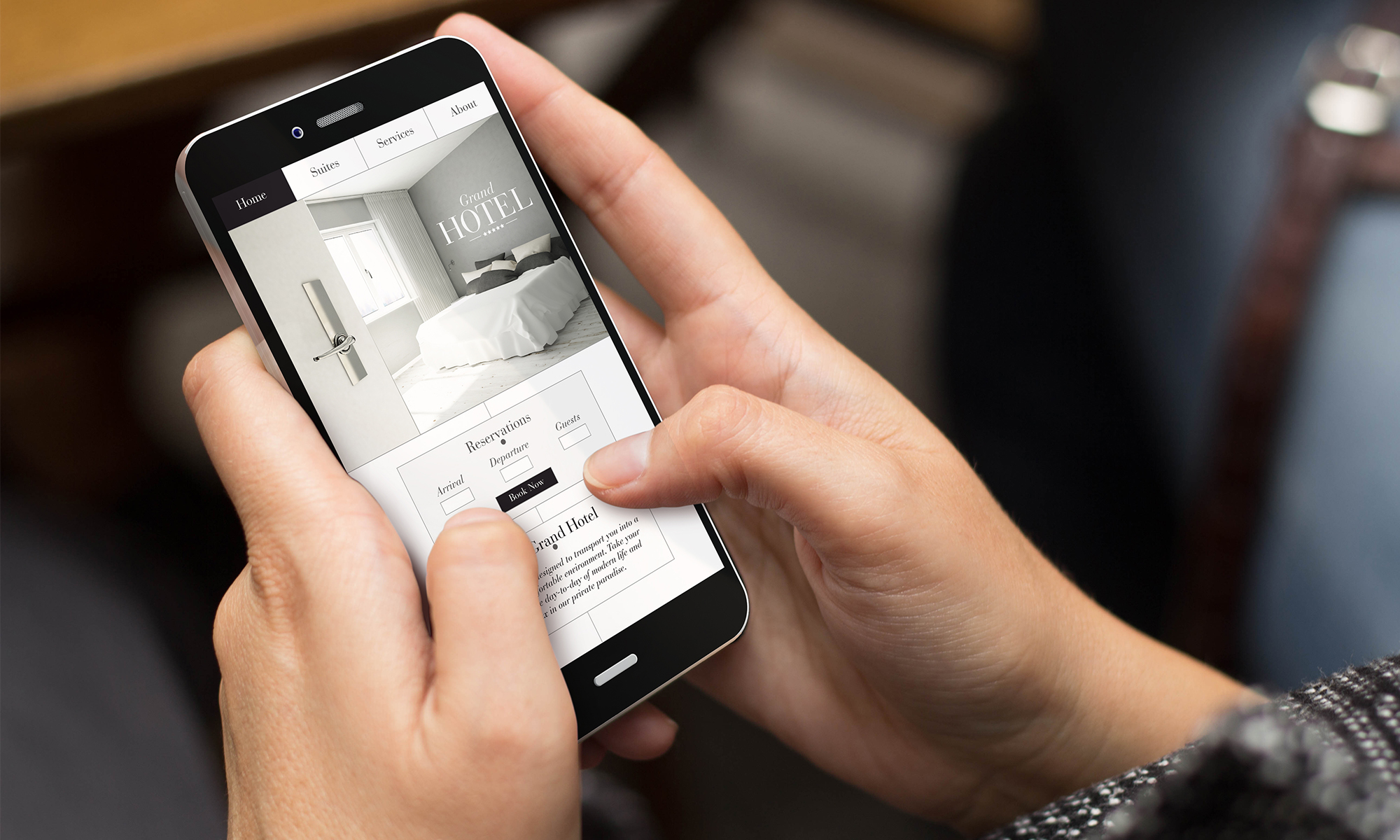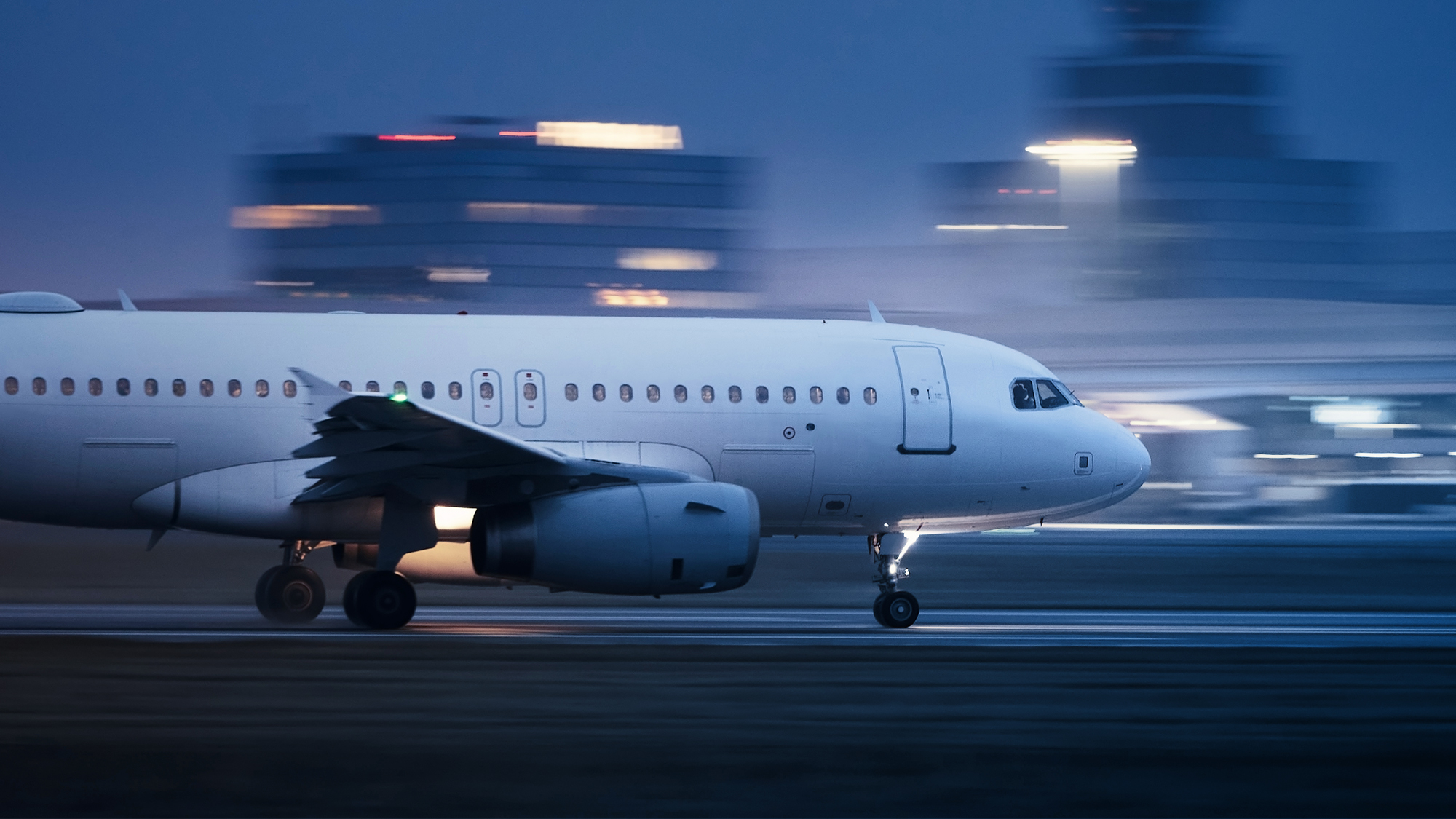These days, dealing with uncertainty is the new definition of business as usual. What hasn’t changed is the hospitality industry’s laser focus on driving occupancy, RevPAR, loyalty/retention and competitively differentiated guest experiences. To maintain that focus while taking ongoing developments in stride, hotels, cruise lines and other sectors of the hospitality industry must rapidly pivot with evolving conditions. Here are some key digital capabilities hospitality companies can leverage to nimbly navigate today’s ups and downs while also favorably positioning themselves for the long term.
Use predictive modeling to meet changing circumstances with superior service
Companies should consistently capture, analyze and model data about recent customer behaviors to identify emerging patterns in attitudes, activities and expectations. Doing so is crucial to forecasting future demand fluctuation and then managing through it with superlative service.
Take contact centers — it’s critical for hospitality businesses to anticipate and prepare for rapid changes in volume. In early 2020, a company struggling to accurately predict call volumes didn’t have enough people staffing its contact center. After determining the sources, the company developed a set of variables that better predicted when and why people would call given changing circumstances. One variable reflected what had already happened in other COVID-19-affected countries. The new model also incorporated up-to-date information from health experts. Within weeks of applying the new predictive model, the company substantially reduced its errors in forecasting call volumes, leading to shorter wait times for customers.[1]
Businesses can also combine recent datasets with data from analogous events, such as past economic shocks, to model a variety of what if scenarios. Machine learning allows millions of data points to be analyzed in mere seconds. Arming itself with these continuous learning and predictive capabilities, the hospitality industry can better prepare for the uncertain future to ensure that every guest interaction is perfect.
Ramp up digital solutions to manage staff shortages and customer demand
Unable to restaff quickly enough for summer’s travel rebound, some hotels have taken rooms out of circulation and shuttered on-premise restaurants, forfeiting crucial revenue. And yet, nobody wants to play catchup too late, hiring a surplus of personnel as vacation season winds down and the outlook remains uncertain. Digital solutions can help hospitality companies avoid lost business, while also accommodating high customer demand for low-contact service.
Indeed, by early 2020, 70% of hotels were already adopting (or planning to adopt) contactless technology for a range of other services.[2] At major hotel chains like Hilton, guests use mobile apps to check in and out. To board the ship, Royal Caribbean passengers check in via facial recognition technology. Princess Cruises’ guests hear their cabin door click open as they approach, activated by a wearable device.
Artificial intelligence and data analytics can drive revenue opportunities and reduce costs
Despite the sustained uptick in reservations since springtime, many cruise lines and hotel chains continue to report quarterly losses. Business-travel bookings, which in the US alone accounted for 60% of all hotel revenue, may never return to 2020 levels.[3] The convenience and economic benefits of corporate video conferencing are here to stay. To make up for lost business-travel revenue, hospitality companies will want to increase their focus on maximizing alternative revenue opportunities.
Early in 2020, one major global hotel chain increased direct bookings by focusing on upsell and driving loyalty membership. Doing so meant luring more guests away from online travel agencies (OTAs) and steering them toward booking directly with the hotels, including through its loyalty program. To accelerate direct-to-consumer bookings, the hotel chain combined analytics, digital platforms and innovative scenario-based selling techniques to help its contact centers incentivize guests into rebooking directly with the hotel chain.

Next, the hotel chain implemented a global interaction intelligence tool to analyze and improve operational performance. Last, it rolled out a knowledge management platform that connected to multiple data sources and leveraged machine learning to guide agents through upselling actions (e.g., offering inclusive packages and extra amenities such as lounge access, tours and meals). As a result of these and other combined efforts, the hotel chain surpassed its loyalty program enrollment goal of 100 million members to 118 million members in 2021 while maintaining an industry leading RevPAR premium of more than 16%.
Hospitality businesses can also use analytics to gain a 360-degree view of all customer touchpoints. One way is by enlisting artificial intelligence (AI) to automatically transcribe customer service interactions and then using analytics to determine how to improve those transactions — namely, by reducing the number of contacts the customer must make when booking. That reduction not only makes the customer happier, but also lowers overall transaction costs. By using AI-enabled automation to handle customer bookings and queries more efficiently, hospitality companies can shave off minutes per transaction; taken to scale, that can translate into to millions of dollars in annual savings.
Digital Solution Consideration Factors
With uncertainty apt to affect the hospitality sector for the indefinite future, keep the following points in mind as you consider these and other digital solutions:
Don’t be a laggard: See what’s working for early adopters and then start tailoring the best of those solutions to your own company.
Focus on your (and your customers’) biggest pain points first: Decide which areas need addressing most urgently and then set your digital transformation milestones accordingly. See where certain technology investments (e.g., AI) can address more than one pain point (staff shortages and health protocols).

Move at a speed you can handle: Prototype key digital solutions for select hotels and cruises, giving yourself sufficient time to test and refine new programs before scaling up. But be sure to also allow yourself to fail fast as you iterate your way to success.

Work with the right partner: Find a solution provider who understands the hospitality industry. You’ll want to select one who will not only install the necessary technology, but also design and consistently apply the best processes for running it.

Make the most of your data: Ensure that you are mining your customer data from across all platforms and touchpoints, and then connecting the dots between them. With rigorous data and analytics, you can better anticipate and plan for future fluctuations in guest volume and staffing needs.

To learn more about how digital transformation can help you meet today’s travelers at tomorrow’s destination, let us hear from you. We’d love to talk.
1 Predicting Consumer Demand in an Unpredictable World, Harvard Business Review, Nov 26, 2020
2 Contactless Tech in Hospitality 2020, Skift Research, Sept 2020
3 Hotel Industry Is Recovering, But Not Necessarily in DC, WTOP News, July 12, 2021
Increase Sales, Drive Loyalty and Grow Market Share

Hemal is passionate about helping the Travel and Hospitality industry solve business challenges through technology-led Innovation.




